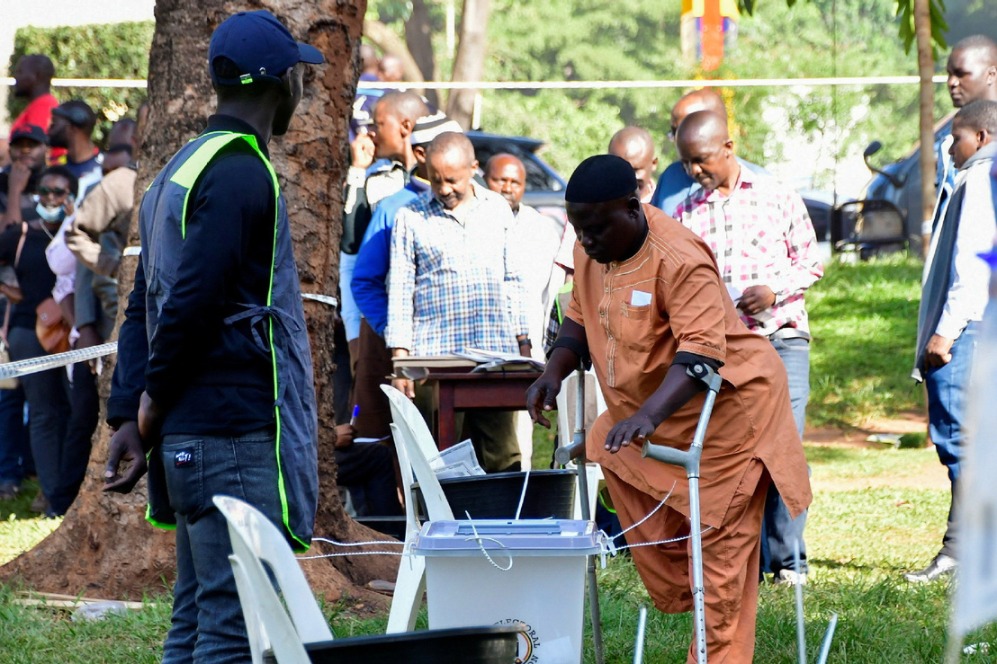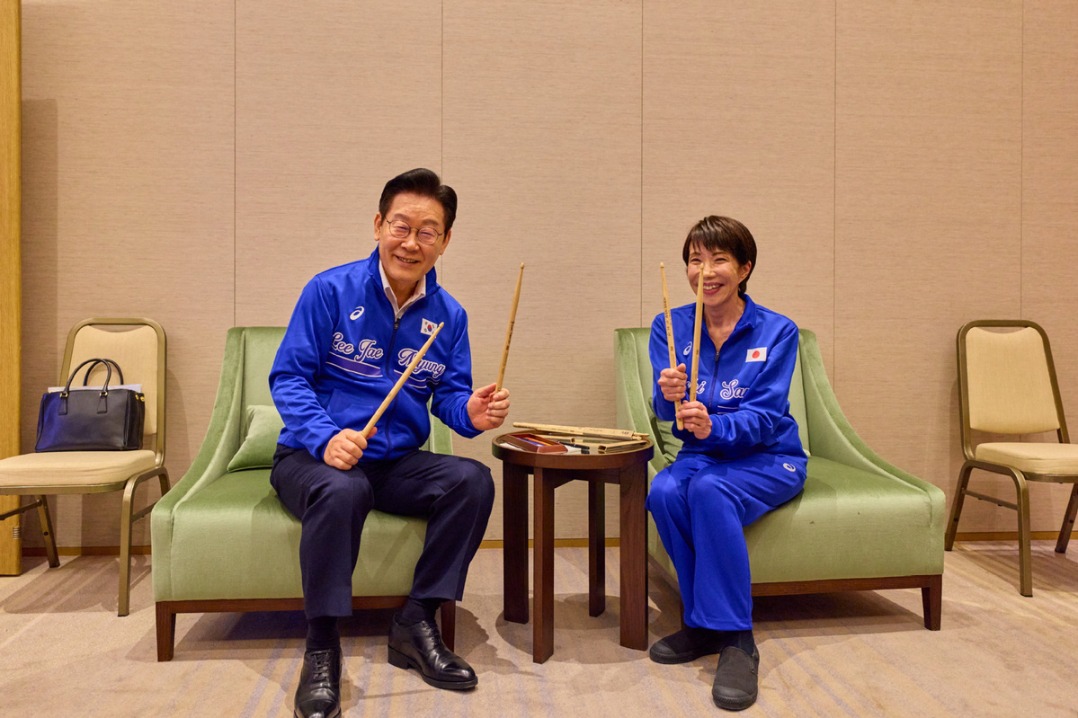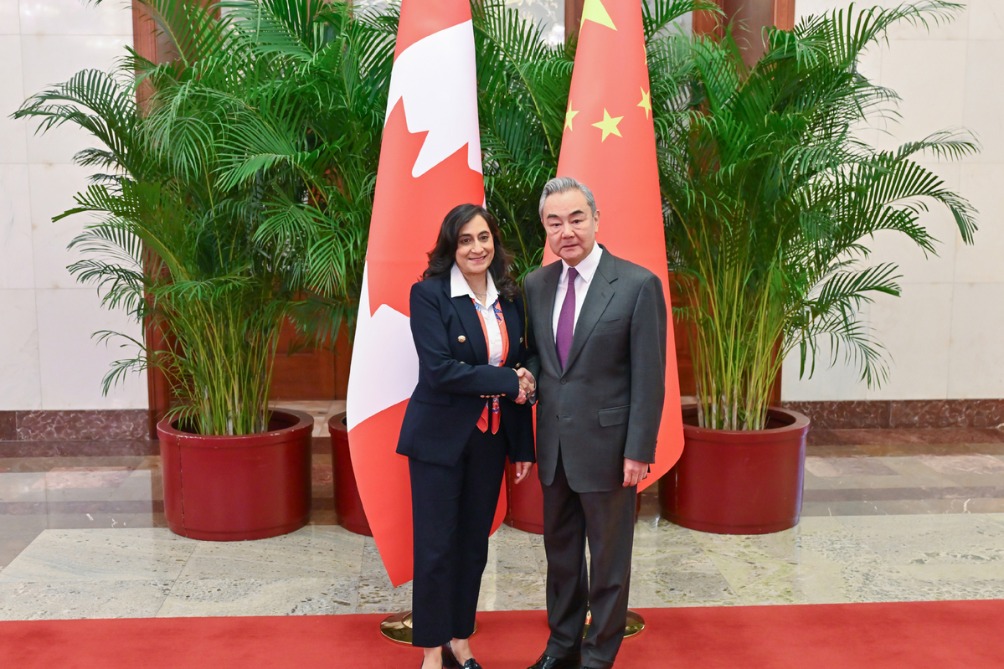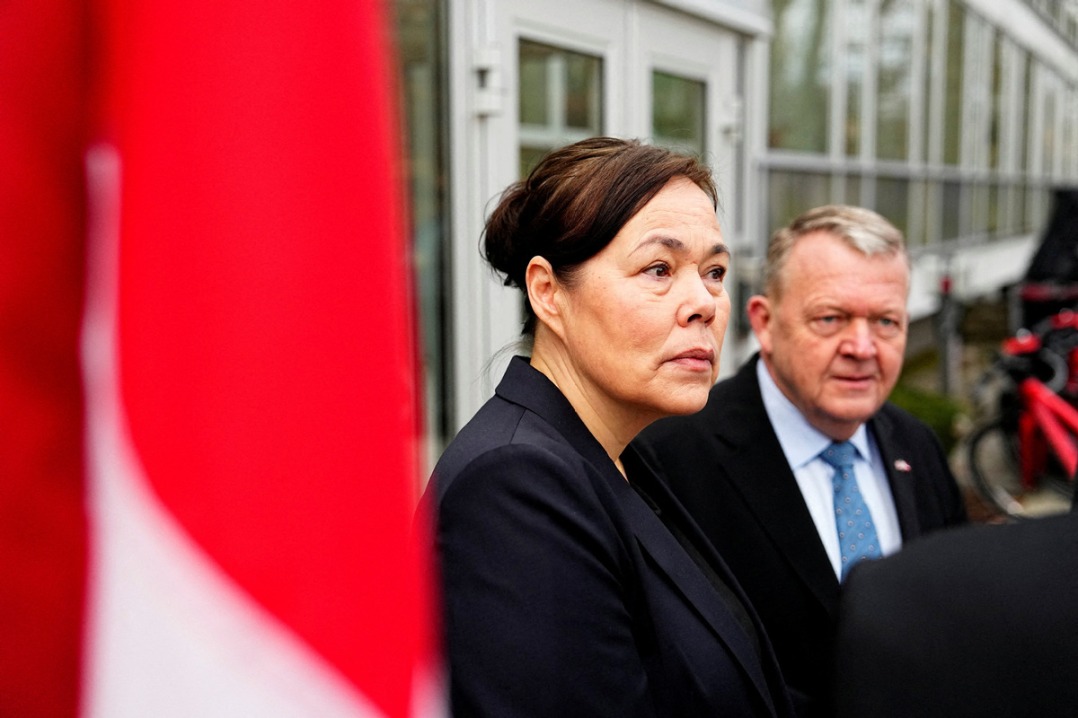Africa should own, lead more public health research

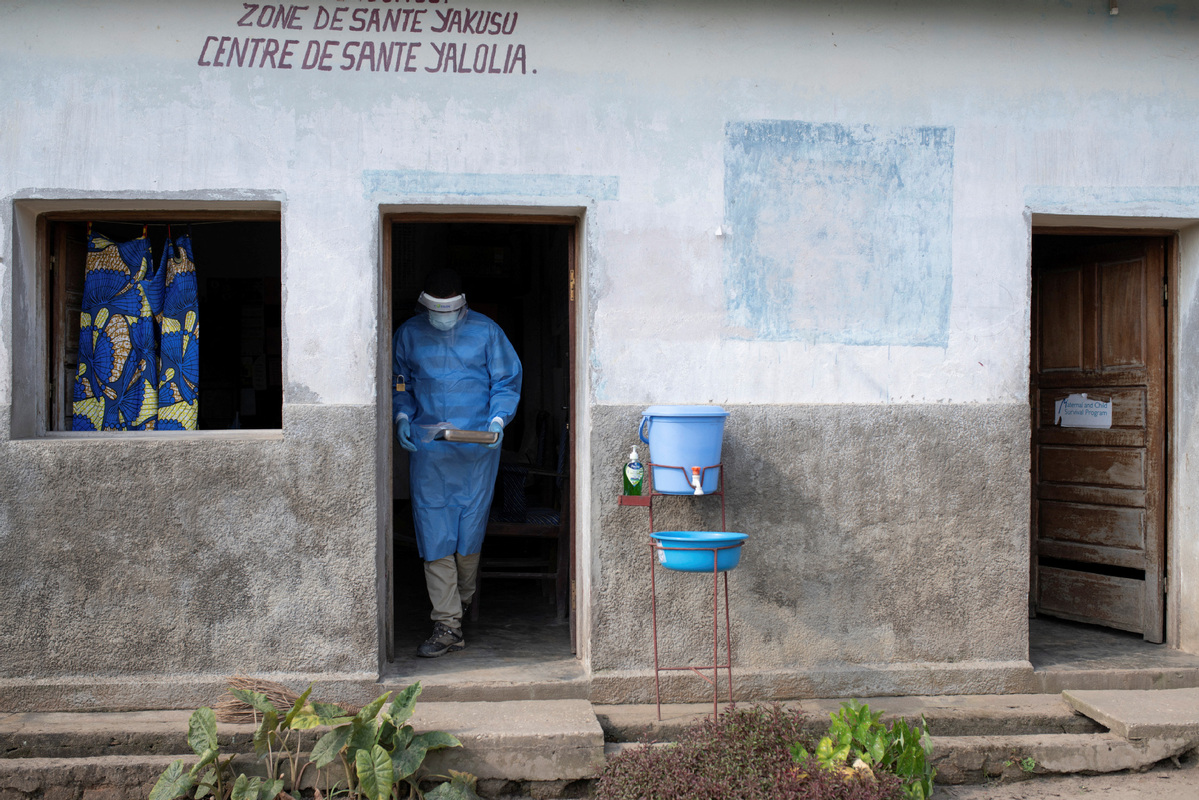
Leaders and experts have called on African countries to invest in more research in efforts to limit zoonotic transmissions and negative effects on human, animal and ecosystem health in the continent.
These participants, who gathered in Rwanda's capital Kigali for the second Conference on Public Health in Africa from Tuesday to Thursday, said the continent should also draw lessons from previous outbreaks.
They said COVID-19, monkeypox, Lassa fever and Ebola could offer key lessons and research opportunities for the continent in preparing for management of future pandemics and outbreaks.
Fiona Braka, emergency operations manager at the World Health Organization's regional office in Africa, said the continent has experienced a 66 percent increase in zoonotic disease outbreaks in the past 2012-22 decade, compared to 2001-11.
She said zoonotic diseases account for 32 percent of infectious disease outbreaks reported in the past two decades, with an increase in the proportion within infectious diseases over time.
"We are learning more every day, but we still don't know a lot. We need more research. We have a range of scientists in the room. We want to tickle your curiosity to help to limit zoonotic transmission and negative effects on the ecosystem," she said.
With regard to monkeypox, which was declared a public health emergency of international concern in July, she expressed the need for research to understand the mode of transmission about animal diagnostic capacity and investigations into animal sources and routes of transmissions.
She said the research findings would help in developing risk reduction strategies and more research is also needed on COVID-19 to offer better control measures.
Michael Iroezindu, an expert in emerging infectious diseases at Walter Reed Program in the United States, said Africa must own and lead research efforts for diseases that affect the continent.
"We must answer the questions: Why don't we have vaccine for Lassa fever after 53 years? What lessons have we learned for vaccine nationalism? If there is no cross-reaction between the Zaire Ebola vaccine, how do we handle outbreak from the Sudan vaccine?" he said.
Matshidiso Moeti, the WHO's regional director for Africa, said the continent's actions in the future require accurate and real-time data to detect and promptly respond to public health threats.
"I urge that the post-pandemic discussions, decisions and actions be based on lessons from COVID-19 and other pandemics, focused on data acquisition, analysis, and reporting," she said.
















